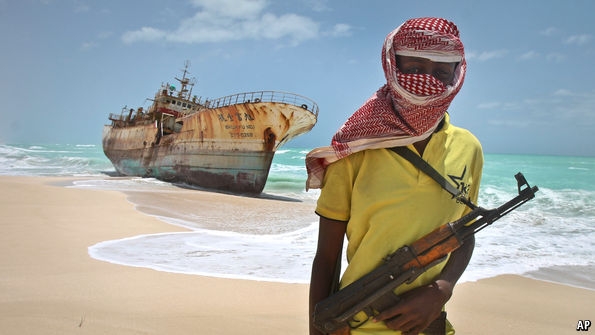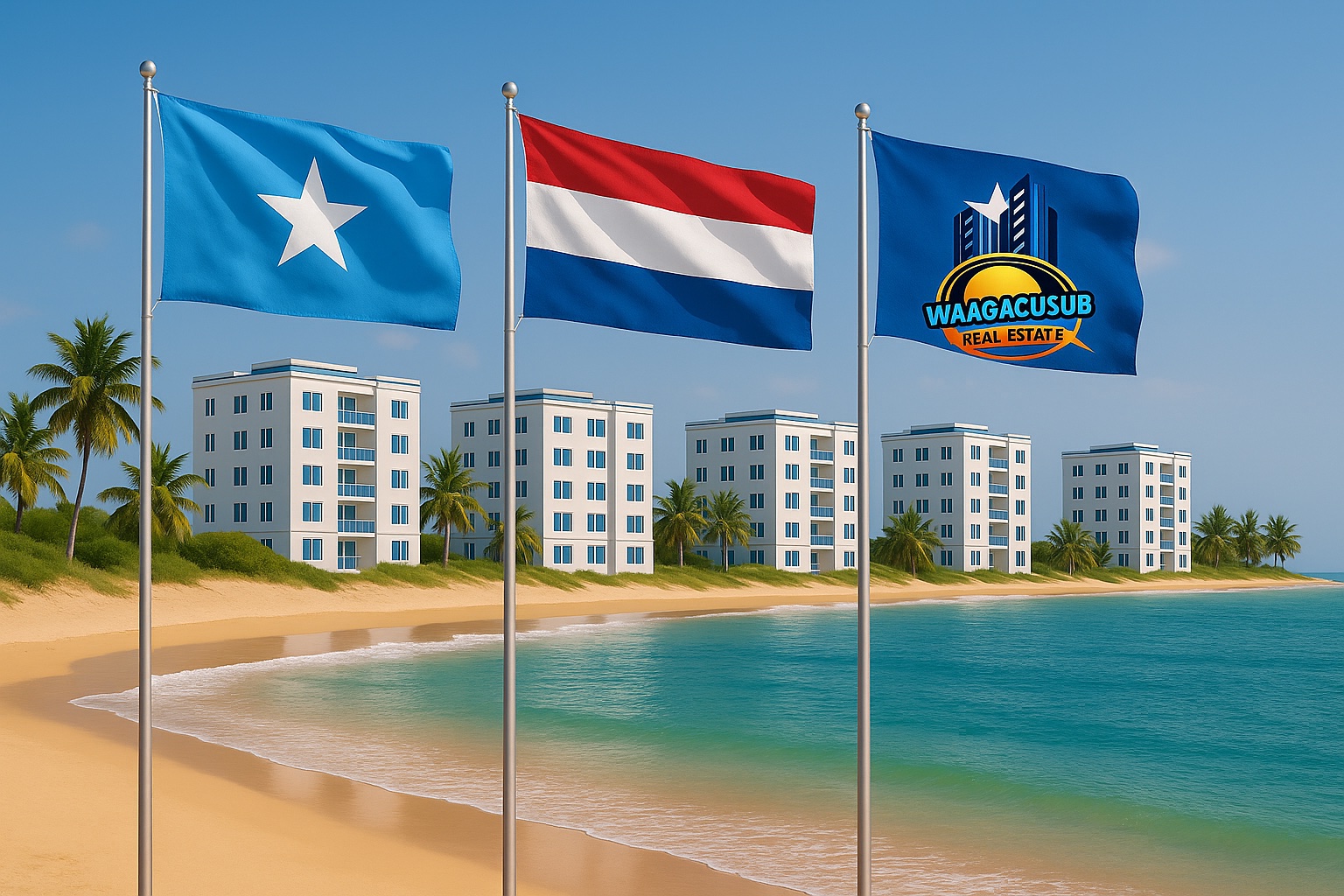
Why Somali piracy is staging a comeback


BETWEEN 2008 and 2011, the waters off the coast of Somalia were the most treacherous shipping lanes in the world. More than
700 attacks on vessels took place in this period. In early 2011, 758 seafarers were being held hostage by pirates. Hijackings cost the shipping industry and governments as much as $7bn in 2012. But then, quite suddenly, the banditry stopped. The last hijacking of a merchant vessel
occurred in May 2012. Until now. There have been five confirmed incidents of piracy on the Gulf of Aden in the past month, beginning with the kidnapping of a Sri Lankan crew of theAris 13oil tanker on March 13th (they were later released without a ransom). After a five-year
hiatus, piracy seems to have returned to the Horn of Africa. Why?
Attacks had slumped in large part thanks to beefed-up security measures. Rocketing insurance premiums meant shipping companies
were forced to invest in armed guards, and to chart longer, safer routes far from the Somali coast. Since armed guards first started
crewing ships as protection against Somali pirates, none of their charges have been successfully hijacked. But smaller vessels keen
to cut costs have grown complacent in recent months. The Comoros-flaggedAris 13was sailing close to the shore, and slow
enough to attract attention. There were no armed guards on board. There were also fewer international naval patrols
in the area than there had been.
But as when the first wave of piracy struck these waters back in the early 2000s, conditions on shore matter most. Somalia remains
under-governed and mired in conflict. Puntland and Galmudug, the two federal states nearest the most recent hijackings,
are particularly troubled even by Somali standards. Galmudug currently has no president and the regional government is
stuck in an existential battle against Ahlu Sunna Waljama’a, a local Islamist militia. Puntland’s government is more capable but has
problems paying its security forces. Islamic State has been making inroads. And both, like the rest of Somalia, are suffering from a
devastating drought. Young men are easy prey for the organised gangs that conduct piracy operations, especially those in coastal
towns who have long complained about rampant illegal fishing in Somali waters, to which the international community has
largely turned a blind eye.
Observers should be wary of proclaiming piracy’s return, cautions Timothy Walker of the Institute for Security Studies—since it
never really went away. The same gangs still operate, much like the clan-based militias that plague Somalia on land. Many
remain involved in other forms of criminal activity, such as drugs smuggling. While theAris 13was the first large merchant
vessel to be hijacked in four years, smaller ones, most often local fishings boats, have continued to be targeted. It is
suspected that many more incidents go unreported. A lack of international victims had made it easy for the
world’s attention to move elsewhere. But until piracy ceases to be an attractive business opportunity it will remain a plague.



 0
0 














Why Somali piracy is staging a comeback
After a five-year hiatus, hijackers have taken five vessels in the past month